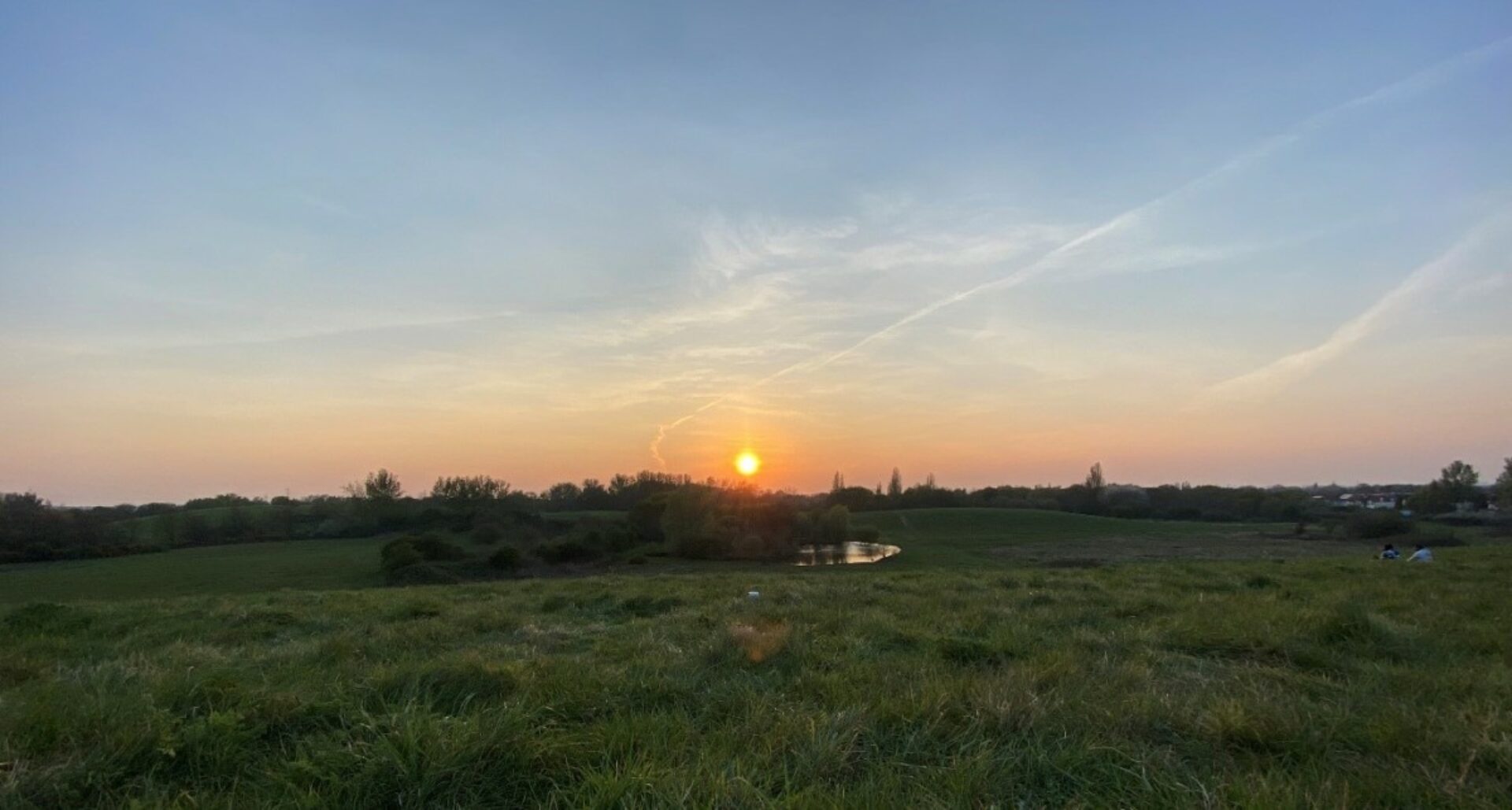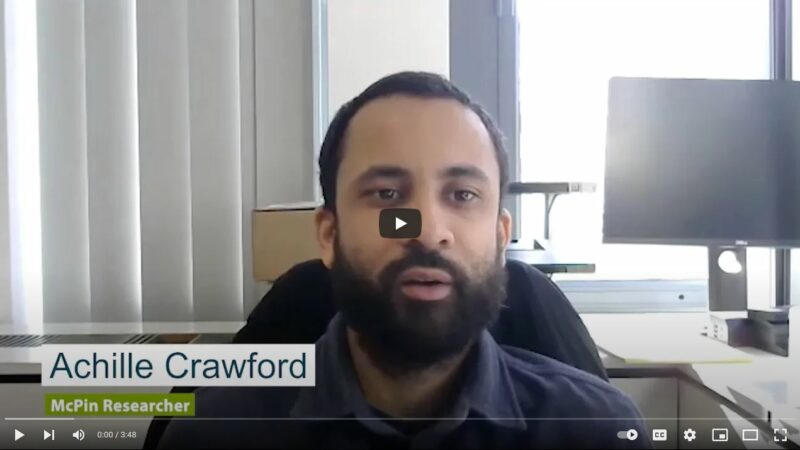Photo by Davino Beckford
This is the second in our three blogs from McPin peer researchers working on the Black Thrive employment project.
Davino Beckford
After being told about the Community Peer Researcher vacancy in the Black Thrive Employment Project at McPin by my friend Faith, who also works at McPin as a Peer Researcher, I was excited to take my shot at applying for this role.
Working at McPin, an organisation that champions lived experience expertise in mental health research, seemed like the right career direction for me, since I had recently graduated with a Psychology degree. Plus, this meant I could use my own mental health lived experience to mould research. After a successful interview, I joined McPin in May 2020.
The Black Thrive Employment Project’s aim to promote meaningful employment for Black people with long term health conditions in Lambeth really resonated with me.
Not only would it offer me an opportunity to give back to the Black community, but it also meant a lot to me personally because I was in the same predicament myself. I was unemployed and dealing with my own mental health struggles.
After hitting my lowest point at university and being thrust out into the real world, finding a job was the priority. However, finding one that made me feel valued as an individual and not so much a slave to the ‘capitalist machine’ was an added bonus.
One aspect of the Black Thrive Employment Project was to carry out a study to investigate how the Covid-19 pandemic was affecting Black residents of Lambeth. The other community peer researchers and I drew upon our personal social connections and interviewed our peers in the Lambeth community.
It was my first proper stab at qualitative research (looking at words and themes rather than numbers) and interviewing research participants.
The shared experience of living through a pandemic together fostered a sense of mutual empathy and shared understanding, particularly around issues of employment, anxiety and grief, and how race played a part in all these things.
Benefits of shared experience
During the interviews, it was a challenge to strike the right balance between being formal and informal. I wanted to explore specific questions, but I also wanted to put the interviewees at ease.
Researching the impacts of a pandemic whilst in a pandemic also proved challenging, since we could not interview participants face-to-face. Therefore, we had to make more of a conscious effort to overcome the difficulties that can be brought about by speaking through a screen or on the phone.
However, interestingly the shared experience of living through a pandemic together fostered a sense of mutual empathy and shared understanding, particularly around issues of employment, anxiety and grief, and how race played a part in all these things.
The approach we used to carry out this research was just as important as the findings. We wanted it to be carried out by members of the Black community, from the local community.
While working as a community peer researcher, I also noticed that I struggled with imposter syndrome.
I was a recent graduate, one of the youngest members at McPin and had limited research experience outside of my undergraduate dissertation. This made me feel incredibly out of place.
As time has gone on, my confidence has gradually improved (still working on it!) and I am more receptive to praise and feedback from peers.
I haven’t completely shaken the feeling that I don’t belong but much like with my mental health, ‘a problem shared is a problem halved’. Trying to be frank and open with my colleagues and peers has helped.
Be open to pushing yourself out of your comfort zone and know that almost everything in life is a learning experience.
Opportunities for learning
Although learning and immersing myself in research has been a challenging process, it has also been an exciting and invigorating time in my life. Not only do I feel I am doing purposeful work and am on track for what I would like to continue doing in the future, I feel I am also gaining valuable work and life experiences in this role.
Building on my skills in quantitative research with my increasing experience of qualitative research is also helping me to become a well-rounded researcher.
For current undergraduates and recent graduates who are thinking about starting their working lives, I would advise you to be open to pushing yourself out of your comfort zone and know that almost everything in life is a learning experience.
There’s always time to develop and further your skills and learn from constructive feedback.
Davino Beckford is a Trainee Evaluator at McPin. He worked on An Equitable Recovery from Covid-19 as part of the Black Thrive Employment Project as a Community Peer Researcher.
This is the second of three blogs in a series about the Black Thrive Employment project – you can read the other two below. To read more about this research, please visit the project page here.



